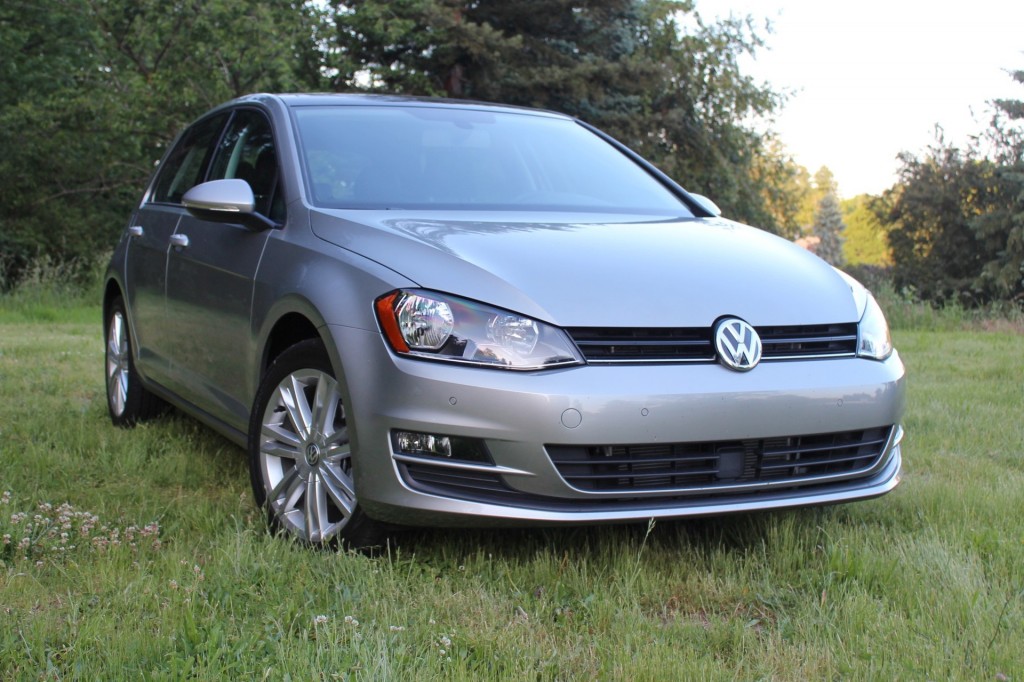Time was, the Toyota Prius hybrid was the unquestioned technology champion and king of the fuel-efficiency battles.
No longer, though.
Now, as Toyota starts to plan for the launch of its fourth-generation flagship hybrid car, the legendary Prius faces more competition than ever before from newer plug-in electric cars and even some diesel vehicles.
An article in trade journal Automotive News (subscription required) reports that Toyota dealers have now seen the design of the new Prius, which will be sportier and more streamlined.
MORE: All-New 2016 Toyota Prius: What We Know So Far
The latest Prius will "turn the heads" of drivers familiar with the current Prius shape, used on both the second-generation (2004-2009) and current (2010-2015) models.

2014 Toyota Prius C
Showing Toyota's inherent conservatism, the new Prius will stick with a nickel-metal-hydride battery pack for the base model--expected to be rated at 55 mpg combined by the EPA--but will offer an optional lithium-ion battery pack for an Eco model that could be rated as high as 60 mpg combined.
Still, when the last generation was launched as a 2010 model in the spring of 2009, the landscape for green and fuel-efficient cars was considerably less diverse than it is today.
DON'T MISS: Ford, Hyundai Dedicated Hybrids To Target 2016 Toyota Prius?
The Nissan Leaf, Chevrolet Volt, and Tesla Model S were still years from launch, and diesel cars were just returning to the U.S. market after a hiatus that followed introduction of new and much tougher emissions regulations.
By next year, however, there will be at least 20 different battery-electric and plug-in hybrid models on sale in California--fewer in other states--as well as a growing range of new and even more efficient diesel models.
On a recent test drive, for instance, Green Car Reports achieved a real-world average of 48 mpg in a 2015 Volkswagen Golf TDI, the latest and all-new version of the compact five-door hatchback that's VW's most popular car globally.
That's essentially equivalent to real-world mileage for many current Toyota Prius models. More diesels will follow from VW, not to mention diesel versions of a growing array of pricier cars and sport-utility vehicles.

2015 Volkswagen Golf TDI SE
Moreover, Toyota's newest zero-emission technology--the hydrogen fuel-cell sedan model it will launch next year in California--won't be available to buyers across the U.S. for many years, unlike the original Prius model in 2000.
Instead, automotive media outlets spend disproportionate time covering electric cars and the latest diesel models (which auto writers and many drivers often tend to favor over hybrids for their abundant low-end torque).
ALSO SEE: 2016 Toyota Prius: AWD Still Considered For Next-Gen Hybrid
It's never wise to count the Toyota Prius out, and much of the market is eagerly awaiting full details of the 2016 Prius model.
But it's clear that it's no longer the green-car darling it was last time around--and that it faces substantially higher competition, including from cars that use no gasoline at all.
Call it the price of success, perhaps?
________________________________________________













